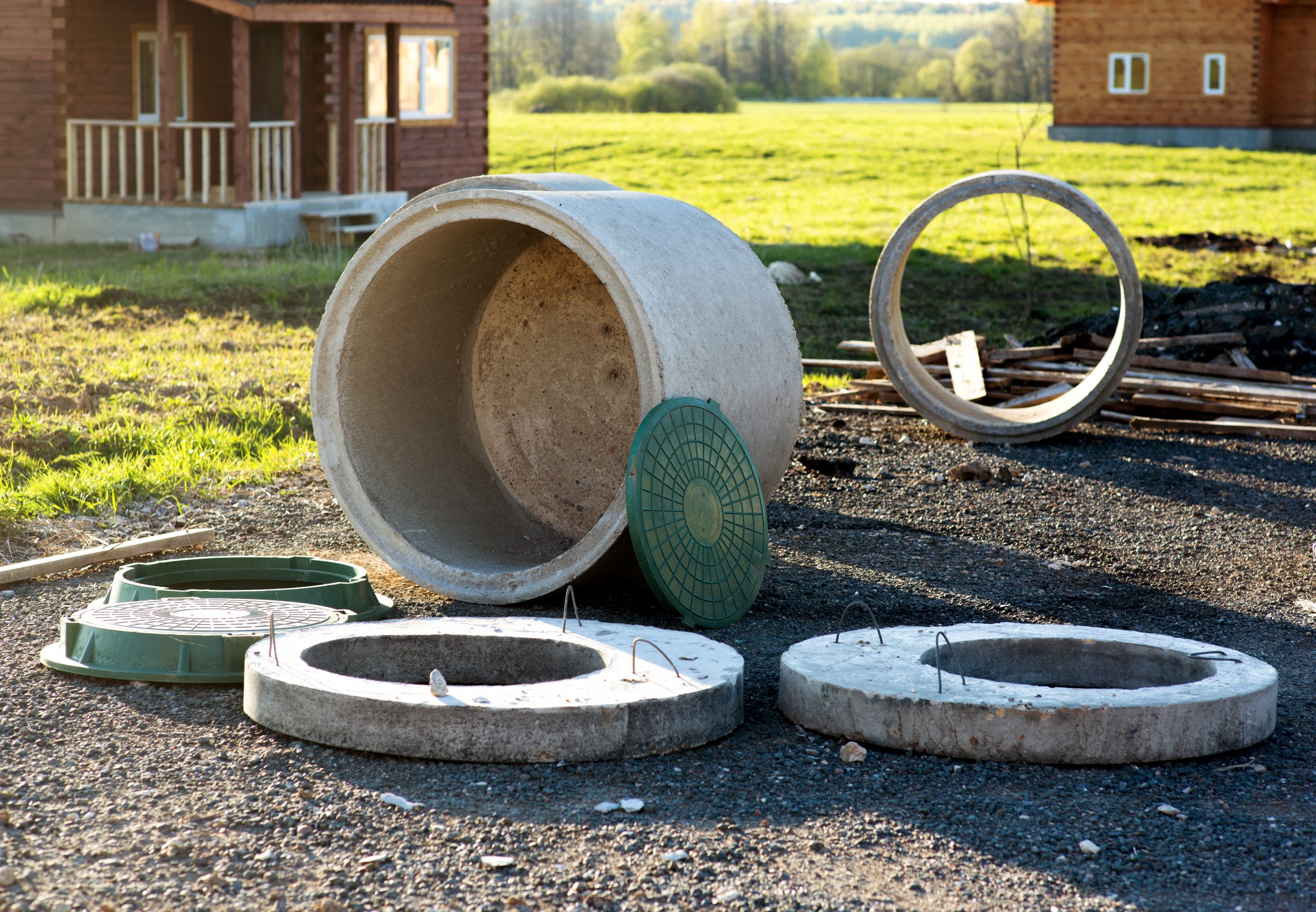A properly functioning septic system is essential for managing household wastewater, especially in homes that aren’t connected to a municipal sewage system. Efficient septic systems ensure that waste is processed safely and effectively, preventing damage to the environment and avoiding costly repairs. To keep your septic system running smoothly and efficiently, regular maintenance and mindful practices are key. Here are some tips and tricks to help you improve your septic system’s efficiency and extend its lifespan.
1. Schedule Regular Pumping
One of the most important aspects of maintaining an efficient septic system is regular pumping. Over time, solid waste accumulates in the septic tank, forming a layer of sludge that can block drainage and cause the system to fail. Regular pumping prevents this buildup and ensures the system continues to process waste effectively.
The frequency of septic tank pumping depends on the size of your tank and the number of people in your household. A typical recommendation is to pump the system every 3 to 5 years, but if your household uses a lot of water, you may need to pump it more frequently.
Tip: Keep a record of your pumping schedule to ensure your system stays on track. If you’re unsure when your septic system was last pumped, it’s a good idea to schedule an inspection.
2. Conserve Water
Excessive water usage can overwhelm your septic system and reduce its efficiency. When too much water flows into the system, it doesn’t have enough time to properly separate and treat the waste. By conserving water, you can reduce the strain on your system and prevent overloading.
Here are a few simple ways to reduce water usage:
- Install low-flow toilets and showerheads to reduce the amount of water that enters the system.
- Fix any leaky faucets or pipes immediately. A small drip can waste gallons of water over time.
- Spread out water-heavy activities like laundry and dishwashing throughout the week, rather than doing them all in one day.
Tip: If you’re not sure how much water your household is using, consider installing a water meter to track your consumption and adjust accordingly.
3. Be Mindful of What You Flush
Flushing the wrong materials down the toilet or sink can seriously impact your septic system’s efficiency. Non-biodegradable items, chemicals, and certain household products can clog pipes, disrupt the bacteria in the septic tank, and damage the system.
To protect your septic system, only flush toilet paper and human waste. Avoid flushing items like:
- Wet wipes (even those labeled as flushable)
- Feminine hygiene products
- Paper towels
- Cotton balls or swabs
- Chemicals like bleach, paint, or drain cleaners
Tip: Use septic-safe cleaning products that won’t harm the beneficial bacteria in your septic tank. Avoid antibacterial soaps and harsh chemicals that can disrupt the balance of your system.
4. Maintain Your Drainfield
The drainfield is a crucial part of your septic system, as it filters wastewater into the soil and helps treat it before returning it to the groundwater. Keeping the drainfield clear and well-maintained is essential for improving system efficiency.
Here’s how to protect your drainfield:
- Avoid parking vehicles or placing heavy objects on the drainfield to prevent compacting the soil.
- Plant only grass or shallow-rooted plants above the drainfield. Trees and shrubs with deep roots can invade and damage the pipes.
- Keep gutters, downspouts, and surface drainage systems away from the drainfield to avoid water overload.
Tip: If your drainfield is experiencing issues like soggy ground or foul odors, have it inspected by a professional. Addressing these problems early can prevent system failure.
5. Use a Septic Tank Additive
Septic tank additives can help boost the efficiency of your system by introducing beneficial bacteria and enzymes that break down solids and waste. These additives can be especially helpful if your system is experiencing slow drainage or minor clogs. However, it’s important to use additives that are designed specifically for septic systems, as some chemicals can do more harm than good.
Consult with a septic system professional before using any additives to ensure that they’re appropriate for your system and won’t disrupt its natural balance.
Tip: Don’t rely solely on additives to maintain your system. Regular pumping and maintenance are still essential for long-term efficiency.
6. Conduct Regular Inspections
Routine inspections are vital for catching potential issues before they become major problems. A professional inspection can identify problems like leaks, clogs, or cracks in the tank and pipes that might not be immediately visible. By addressing these issues early, you can prevent costly repairs and extend the life of your septic system.
It’s a good idea to schedule an inspection at least once every 1 to 3 years, depending on your system’s age and usage. During an inspection, a professional will check the tank’s condition, measure sludge levels, and ensure the system is functioning properly.
Tip: Ask your septic professional for advice on maintaining your specific system, as they may have recommendations based on its design and condition.
